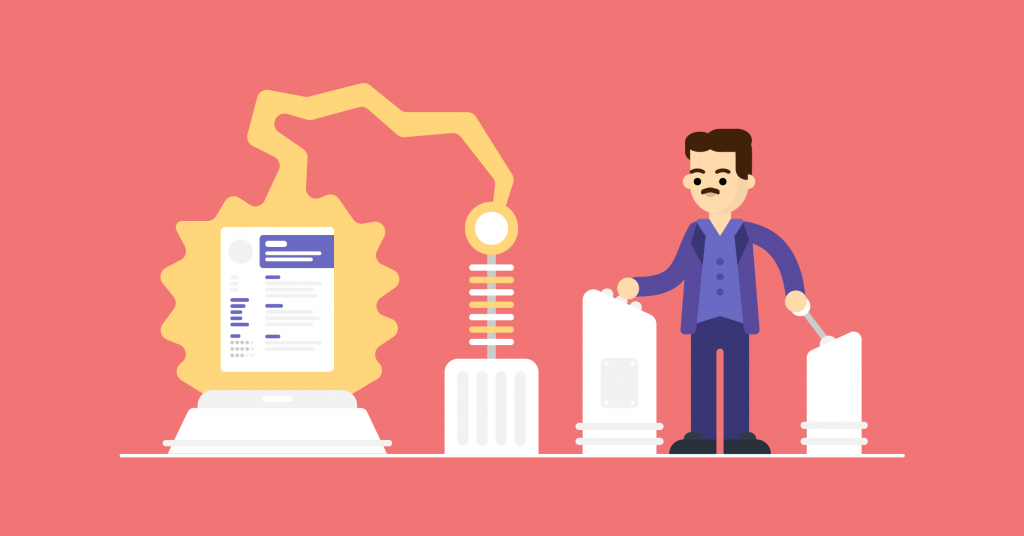Admission in B.Tech: An Overview on Indian Colleges

The technology segment in every industry is booming and the demand for Bachelor of Technology (B.Tech) graduates is more than ever. This course helps the students become professional engineers. It helps the students to inculcate an awareness of the needs and requirements of the world and direct their analytical and technical competency to solve problems amidst constraints and useful resource allocation. The curriculum of the B.Tech course includes professional subjects specific to the course of pursuance of the specific aspirants while educating them in the fundamentals of the technicalities of the course.
Bachelor of Technology (B.Tech) is a 4-year course whose aim of the syllabus is designed to teach in aspirants a love and desire to incorporate technology into our lives with the sole objective of making our lives easier while making massive strides in the field of engineering – a pre-requisite for the development of a nation to its pinnacle.
There are a variety of combinations of streams under B.The tech that an aspirant can opt for, depending upon the availability of seats and merit/rankings in different universities, along with some core subjects that provide the necessary exposure of the fundamentals of engineering. The curriculum of the B.Tech course is specially designed to teach students the analytical competency necessary to solve a problem with the minimum resources and under practical constraints. Engineering is useful in all fields and most professional practices. The most widespread and rewarding streams under the broad medium of B.Tech syllabus is listed below:
- Computer Science
- Electronic & Communication
- Mechanical
- Chemical
- Aeronautics
- Automobile
- Civil
- Biotechnology etc.

Eligibility:
Candidates should have passed their Higher Secondary or (10+2). The students must have Chemistry, Mathematics, and Physics as the subjects in Class 12 to get admission in this course with a minimum of 50% aggregate marks. B.Tech admissions in India are conducted at the national and state level. Some institutes like VIT and SRM conduct their own institute specific entrance exam.
Entrance Tests:
The admission process for B.tech begins in March or April every year and the national, state, or Private Universities Conduct entrance exam process for B.Tech admission at the same time
- JEE Main is the widely acceptable entrance test, and most of the engineering colleges in India accept JEE Mains score for B.Tech admissions and taking admission in IITs and NITs. Several state-level engineering entrance exams are also available; however, state-level engineering entrance exams are confined to a specific state. Several colleges and universities accept both national-level and state-level engineering entrance test Scores. In most private engineering colleges direct admission is made through the use of management quota where the fees collected for management quota admissions are higher in comparison to admission based on entrance-based admissions.
- The students need to appear for the counseling sessions to get a seat in the desired college and for that, one can take the help of the B.tech admission counselors or B.tech abroad admission consultants also.

Course Structure:
The duration of the undergraduate engineering course is Four Years which is divided into eight semesters. The structure of the course is made up of classroom study which includes lectures, seminars, practicals, projects/research work, and industrial training. The first year of study is common for all b.tech aspirants and the rest of the years let students study subjects as per their chosen specialization.
An engineering program will train your brain, developing your ability to think logically and to solve problems. These are skills that will be valuable throughout your life – and not only when you are solving engineering problems. Engineering is by its very nature a creative profession.